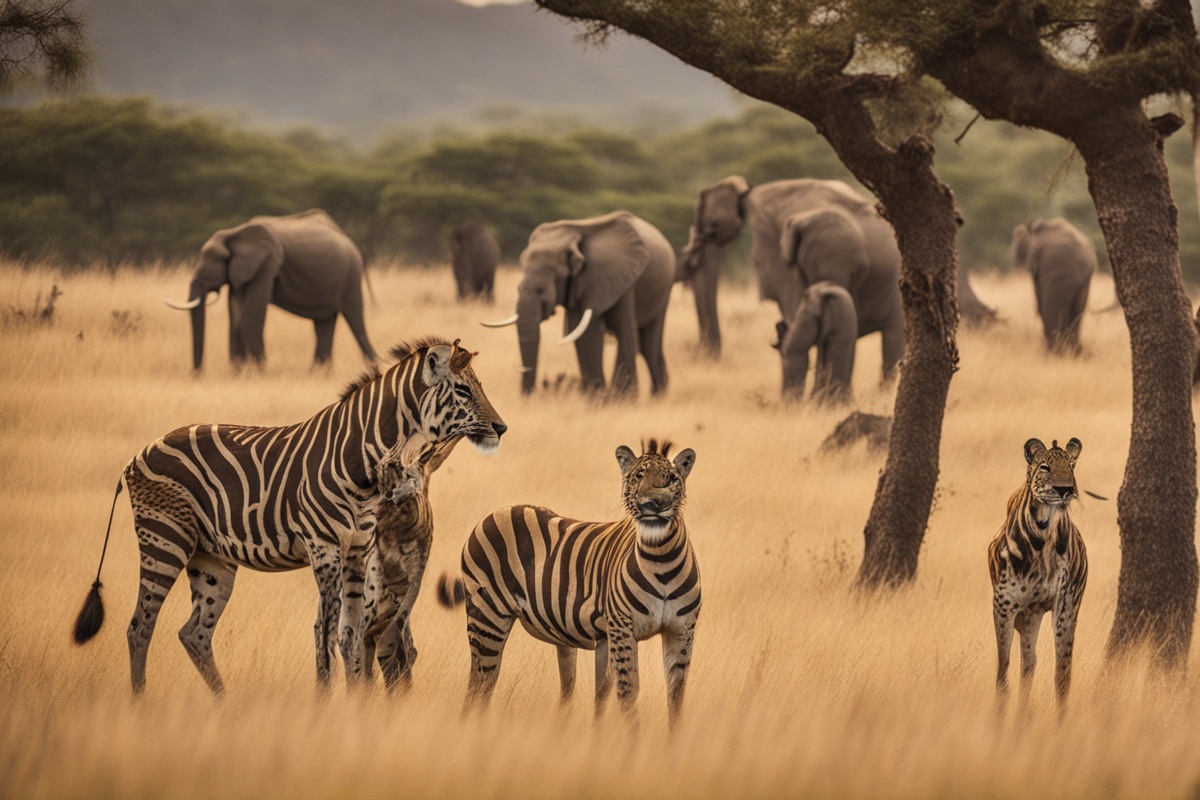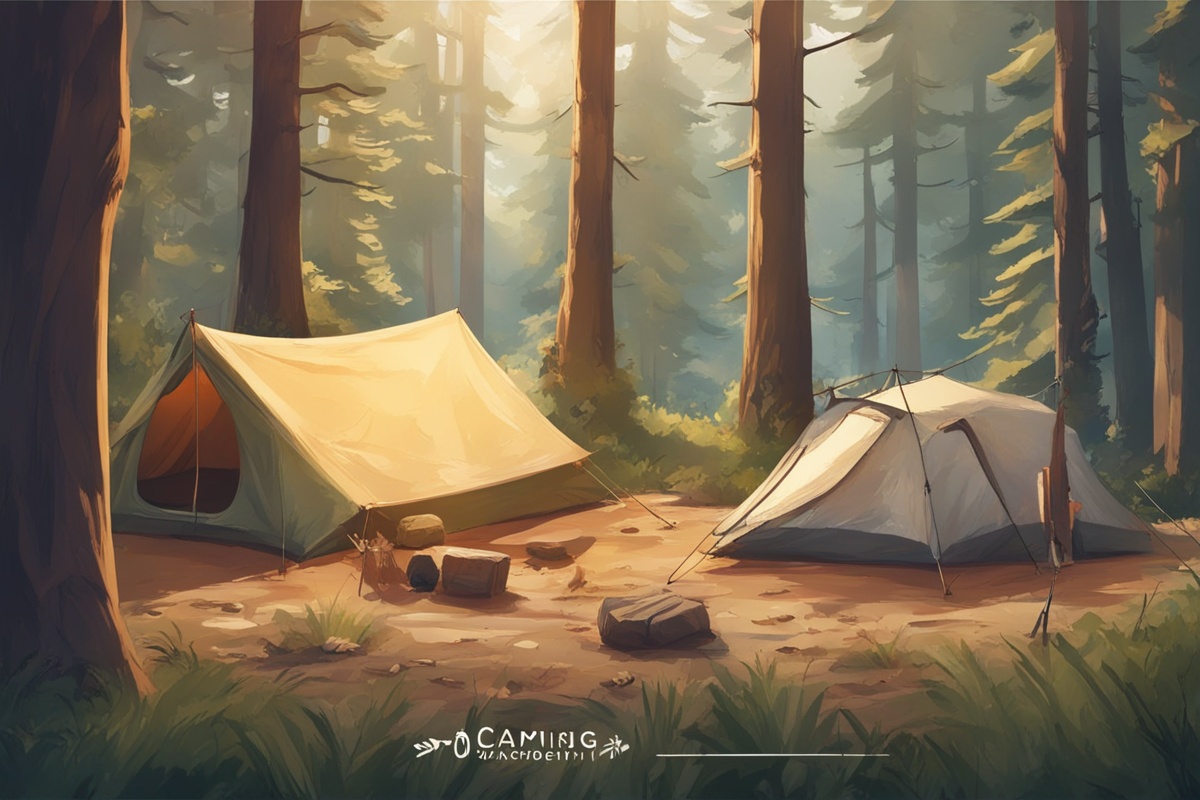
Have you ever dreamed of witnessing the raw beauty of the African savanna, where lions roar in the distance and elephants roam under a fiery sunset? If so, you’re not alone. The allure of an African safari is a bucket-list item for many, but the hefty price tags often stop adventurers dead in their tracks. Here’s the good news: Affordable African Safari Tours are not just a pipe dream. With the right know-how, a bit of flexibility, and some insider tips, you can experience the magic of Africa without breaking the bank. Let me take you through everything I’ve learned from years of exploring and planning safaris—both personally and through connections with industry experts—to help you make this dream a reality.
Why Choose Affordable African Safari Tours?
Let’s face it: the word “safari” often conjures up images of luxury lodges, private guides, and champagne breakfasts in the bush. And while that’s a fantastic way to experience Africa, it’s not the only way. Affordable African Safari Tours offer a chance to immerse yourself in the continent’s unparalleled wildlife and landscapes at a fraction of the cost. These tours aren’t about cutting corners—they’re about prioritizing what matters most: the raw, unfiltered connection to nature. Imagine waking up in a simple tented camp, the sounds of hyenas cackling in the night, knowing you didn’t have to remortgage your house to get there. That’s the beauty of budget-friendly safaris; they strip away the frills and focus on the heart of the experience.
Moreover, opting for affordable tours often means supporting local communities more directly. Many budget operators are small, family-run businesses or cooperatives that reinvest in local economies. So, not only are you saving money, but you’re also making a positive impact. Isn’t that a win-win?
Top Destinations for Budget-Friendly Safaris
Africa is vast, with over 50 countries offering wildly different safari experiences. But when it comes to Affordable African Safari Tours, a few destinations stand out for their accessibility, value, and sheer wow-factor. Here’s a quick rundown of my top picks, based on personal trips and feedback from fellow travelers:
- Kenya: Known for the Great Migration in the Masai Mara, Kenya offers budget camping options and group tours that keep costs low. You can snag a 3-day safari for as little as $300-$500 if you join a shared vehicle tour.
- Tanzania: Home to the Serengeti and Ngorongoro Crater, Tanzania has a reputation for being pricier, but budget operators offer basic camping safaris starting around $150 per day. Pro tip: visit during the shoulder season (April-May) for lower rates.
- Uganda: If gorilla trekking is on your radar, Uganda is often more affordable than Rwanda for permits (around $700 vs. $1,500). Plus, you can pair it with a budget savanna safari in Queen Elizabeth National Park.
- South Africa: Kruger National Park is a gem for self-drive safaris or guided budget tours. Entry fees are reasonable (about $25 per day), and you can stay in affordable rest camps inside the park.
Each of these destinations offers something unique, but they share one thing in common: a range of options for travelers who don’t want to spend a fortune. I’ve camped in the Masai Mara on a shoestring budget and still felt like I was living a National Geographic documentary. Trust me, the price tag doesn’t dictate the memories you’ll make.
How to Find the Best Deals on African Safari Tours
Finding Affordable African Safari Tours is a bit like hunting for treasure—you’ve got to know where to look and be ready to dig a little. Over the years, I’ve picked up a few tricks that consistently save money without sacrificing quality. Let me share them with you.
First, timing is everything. Shoulder seasons—just before or after peak tourist periods—often come with slashed prices. For instance, traveling to Kenya in late March or early November means fewer crowds, lower rates, and still-decent weather. Second, consider group tours over private ones. Sharing a vehicle with other travelers can cut costs by 30-50%, and honestly, swapping stories with new friends over a campfire adds to the adventure. Third, don’t shy away from local operators. Big international companies often charge a premium, while local guides—many of whom I’ve worked with directly—offer authentic experiences at half the price. Just make sure to check reviews on platforms like TripAdvisor or SafariBookings for credibility.
Here’s a real-world example: a friend of mine booked a last-minute 4-day safari in Tanzania through a local operator in Arusha for $600, while the same itinerary through a Western agency was quoted at $1,200. The catch? He had to be flexible with dates and join a group. Small trade-offs, big savings. Have you ever haggled over a price or stumbled upon a hidden deal? That’s the kind of mindset you’ll need.
What to Expect on a Budget Safari
Let’s clear the air: Affordable African Safari Tours aren’t going to pamper you with five-star lodges or gourmet meals. But that’s not the point. These trips are about grit, wonder, and getting up close with nature. Most budget safaris involve camping—either in basic tents or slightly fancier tented camps with shared facilities. You might cook meals over a fire (or have a camp cook whip up something hearty), and your days will be long, dusty, and utterly exhilarating.
Don’t expect constant Wi-Fi or hot showers every night. On a budget safari I did in South Africa’s Kruger, we went two days without a proper wash, but spotting a leopard stalking through the brush made every inconvenience fade away. You’ll also likely share game drives with others, which means compromising on schedules sometimes. But here’s the flip side: the camaraderie and shared gasps when a rhino crosses your path are priceless. Are you ready to trade a bit of comfort for memories that’ll last a lifetime?
Tips for Planning Your Affordable African Safari Tour
Planning a budget safari isn’t just about finding the cheapest deal—it’s about balancing cost with safety, ethics, and enjoyment. I’ve seen too many travelers skimp on the wrong things and end up stranded or scammed. So, here are some actionable tips to ensure your Affordable African Safari Tour is both wallet-friendly and worry-free:
- Research Operators Thoroughly: Stick to companies with verified reviews. Platforms like SafariBookings aggregate feedback and ratings for African tour operators.
- Pack Smart: Bring reusable water bottles, lightweight clothing, and a good pair of binoculars. Budget tours don’t always provide extras, so come prepared.
- Budget for Extras: Park fees, tips for guides, and optional activities (like hot air balloon rides) aren’t always included. Set aside $50-100 for incidentals.
- Travel Off-Peak: As mentioned earlier, shoulder seasons save money and mean fewer tourists blocking your view of that lion pride.
- Stay Safe: Always follow your guide’s instructions, and don’t book with operators who seem to cut corners on safety or conservation ethics.
One last anecdote: during a budget safari in Uganda, I met a guide who’d been working the same park for 20 years. His passion for wildlife conservation—and his eagle eye for spotting rare birds—made the trip unforgettable, despite our no-frills setup. That’s the kind of expertise you want on your side, and it often comes with local, affordable operators.
Balancing Cost with Ethical Considerations
Here’s where I get on my soapbox for a moment. Cheap doesn’t always mean cheerful when it comes to safaris. Some ultra-low-cost operators exploit guides, skimp on park fees, or disregard conservation rules, which harms the very ecosystems you’re there to admire. When searching for Affordable African Safari Tours, ask questions. Does the company support local communities? Are they transparent about where your money goes? Organizations like the African Wildlife Foundation emphasize that ethical tourism is key to preserving these landscapes for future generations.
I once declined a dirt-cheap safari offer in Tanzania because the operator couldn’t explain how they kept costs so low. Later, I learned they underpaid staff and ignored park regulations. Paying a little more for a reputable budget tour is worth it if it means protecting Africa’s wildlife. After all, isn’t that why we’re drawn to these experiences in the first place?
References
- SafariBookings – Reviews and Ratings for African Safari Operators
- African Wildlife Foundation – Conservation and Ethical Tourism
- TripAdvisor – Traveler Reviews for Safari Experiences
- National Geographic – How to Plan a Safari
- Kruger National Park Official Website – Budget Safari Options
Disclaimer: This article is for informational purposes only, based on general research and personal experience. It is not a substitute for professional advice tailored to your specific circumstances. Planning a safari involves considerations of safety, health, and financial planning that may vary widely depending on your location, health status, and travel preferences. Always consult a qualified travel professional, financial advisor, or health expert for personalized guidance before booking or embarking on any trip. The information provided here reflects the author’s best efforts to present accurate and helpful content, but individual experiences may differ, and readers are encouraged to conduct their own due diligence.
This content is for informational purposes only and not a substitute for professional advice.







